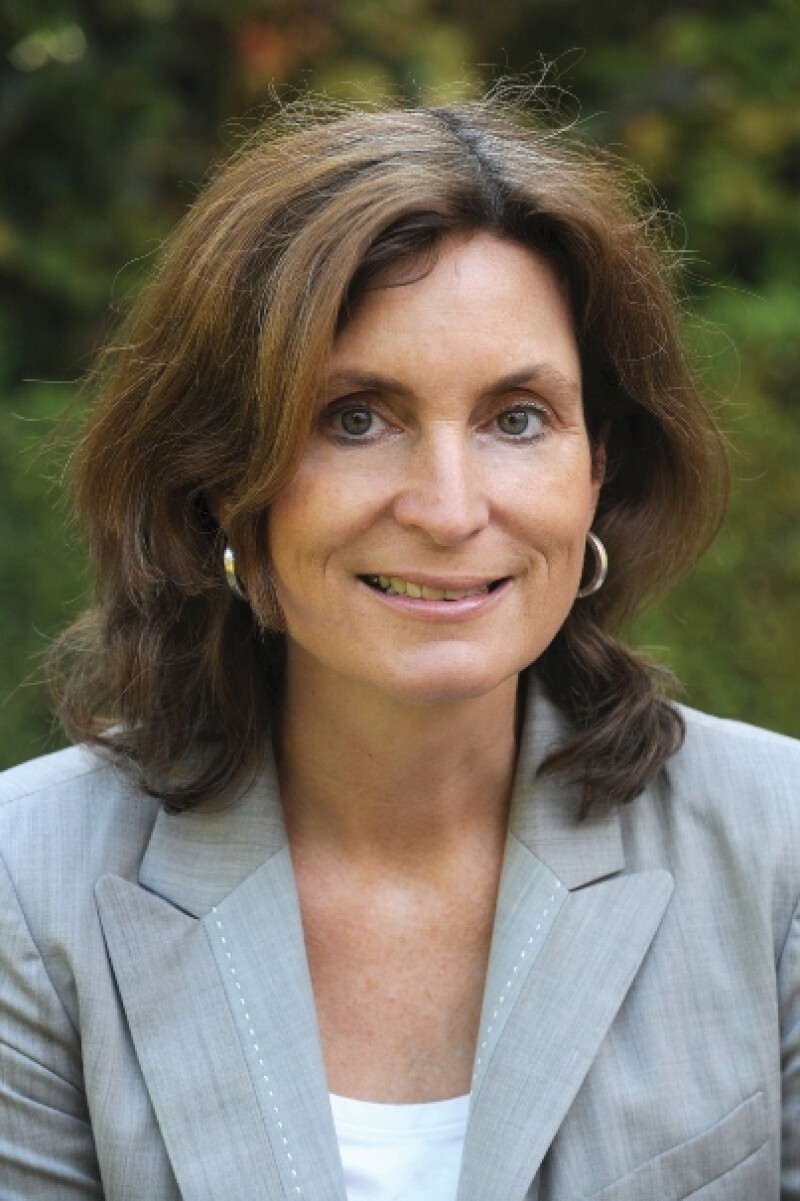
Kerstin Jorna, director, Intellectual Property, DG Internal Market and Services, said that the Commission wants to close the legislative process on trade secrets and trade mark reform, take copyright reform further and oversee a period of intensive implementation of the unitary patent proposal.
“There’s a long list of things to be done on the unitary patent,” she said.
The Commission’s focus will be to ensure that the new patent will be cost effective for users and offer legal certainty. Other outstanding issues in the patent reform process include finalising the rules of procedure for the Unified Patent Court, appointing judges and deciding who can plead and where they can do it.
The Commission received more than 100 comments on the draft rules of procedure last year. It plans to hold a hearing in the first quarter of 2014 and for the Court’s preparatory committee to validate a provisional version of the rules.
The level of fees for obtaining a unitary patent is a controversial issue being considered by a special committee within the EPO. Although the Commission is only an observer on the member state-led body, Jorna described its role as “very active”.
The Commission wants fees to “make sense” for users, she added.
“If it is more expensive [than the current options for obtaining patent protection] then probably the people in charge of the budget department won’t bother. That is not a solution we want.”
She added that if the fees were too high for SMEs then they may opt to protect their IP with trade secrets or nothing at all.
But Jorna said she remained optimistic about the success of the new system, drawing parallels with the introduction of the European Patent system 40 years ago, where estimates of potential take-up were initially set very low.
“This is a long-term project.”
Many IP owners have suggested they may opt out of the new patent system, adopting a wait-and-see approach. But Jorna said this trend is starting to change, suggesting that companies want to be in it from the beginning rather than adapt to it later on.
“It’s a bit like swimming. When you learn at four it’s straightforward. When you try to do it at 40 it can be tricky.”









